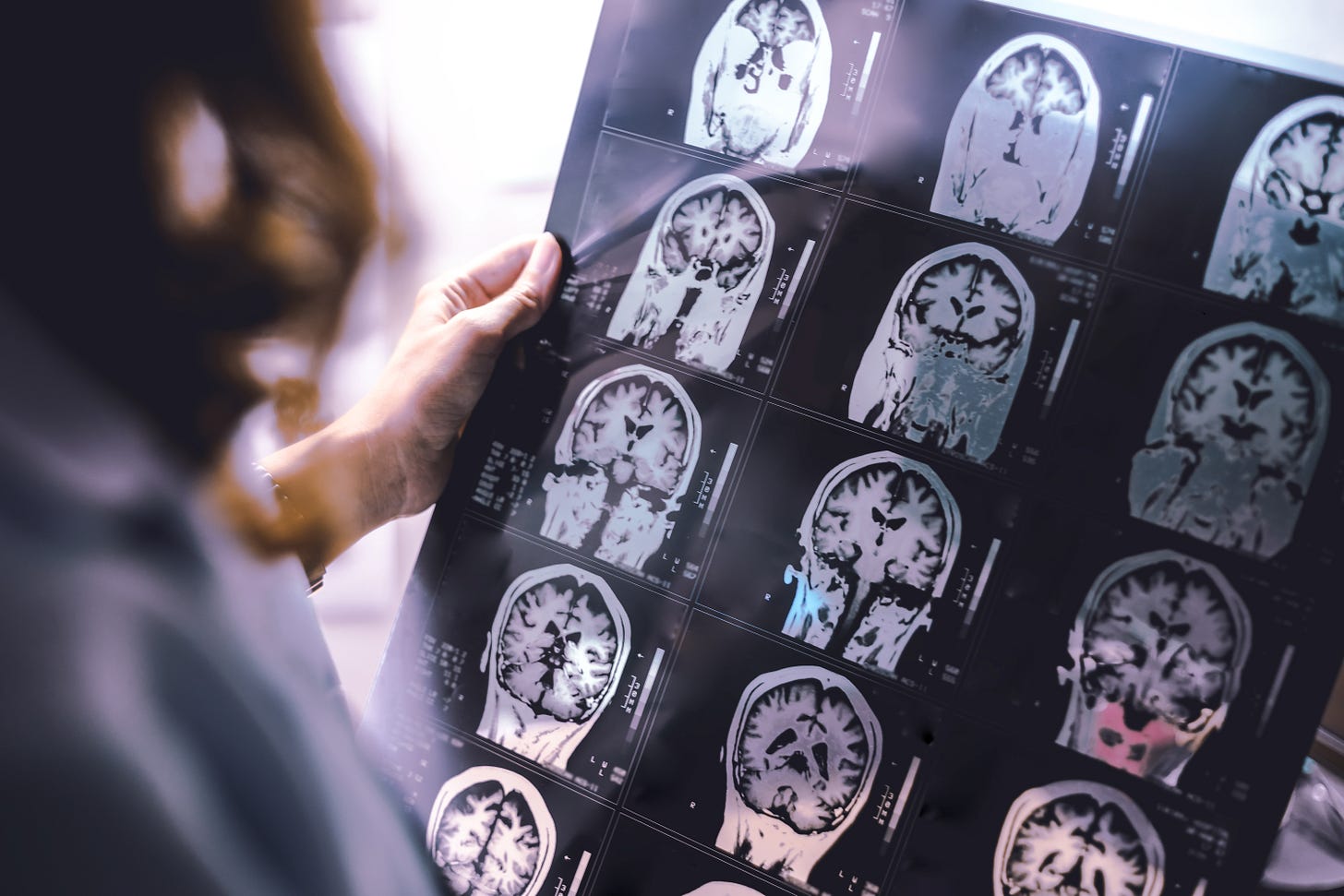Weekly Roundup: New Brain Atlases, Brain Rewiring During Pregnancy, and which Vaccines Reduce Alzheimer's Disease
As usual I am having trouble deciding what to write for my subscribers. My mother always put my indecision down to being a libra - I put it down to the vast amount of interesting research being published and being curious about almost everything!
So up for your weekend reading today some big news on brain Atlases that have been just published - very important for science; how the brain rewires in mothers’ during pregnancy, and how some vaccines seem to protect against Alzheimer’s, significantly.
Brain Atlas(es)… and how many types of brain cell you have
A brain atlas is good thing and ever more important as we increasingly find how complex the brain really is - we have known that the brain is complex all along but it does get more complex as more research is carried out! This research is often in pockets with few people taking the effort or rather having the resources or time to put all of this together into a more comprehensive atlas.
However, in the space of about a week three separate institutions have announced three different types of brain atlas all of which gives us more understanding and will help multiple streams of research across multiple disciplines.
First up the Karolinska Institute in Sweden published two papers on two massive brain brain cell studies. The first (1) analysed more than three million cell nuclei (!) using RNA sequencing to identify specific cells and differences. The surprising result is that it identified over 3’000 cell types! 80% of which are neurons and the rest glial cells, or helping cells in the brain. This is an astonishing number - if you study textbooks of neuroscience you may encounter a few dozen different types of neurons only. This highlights the diversity of our brain…see what I mean about the brain being complex!
What is also fascinating is the discovery that the brain stem, the lowest part of the brain and one that is considered our “primitive” brain had the highest diversity of brain cells - this could be the reason that this region can control such a diversity of human critical functions related to our basic survival such as breathing, heart rate, body temperature, and other reflexes.
Another group from the Karolinska Institute coordinated with a consortium of researchers across Sweden and analysed over million individual cell nuclei from 27 embryos at different stages of development (2). This therefore gives valuable information of the development of the human brain.
Keep reading with a 7-day free trial
Subscribe to leading brains Review to keep reading this post and get 7 days of free access to the full post archives.




